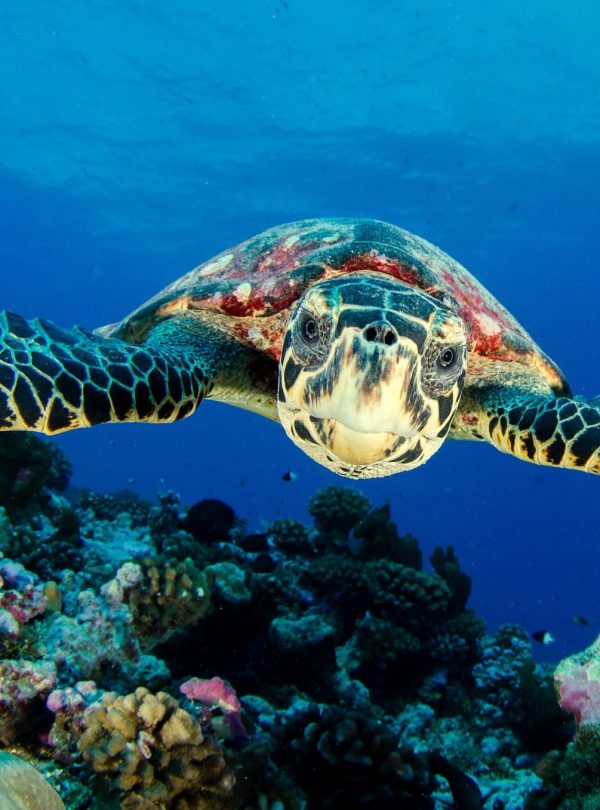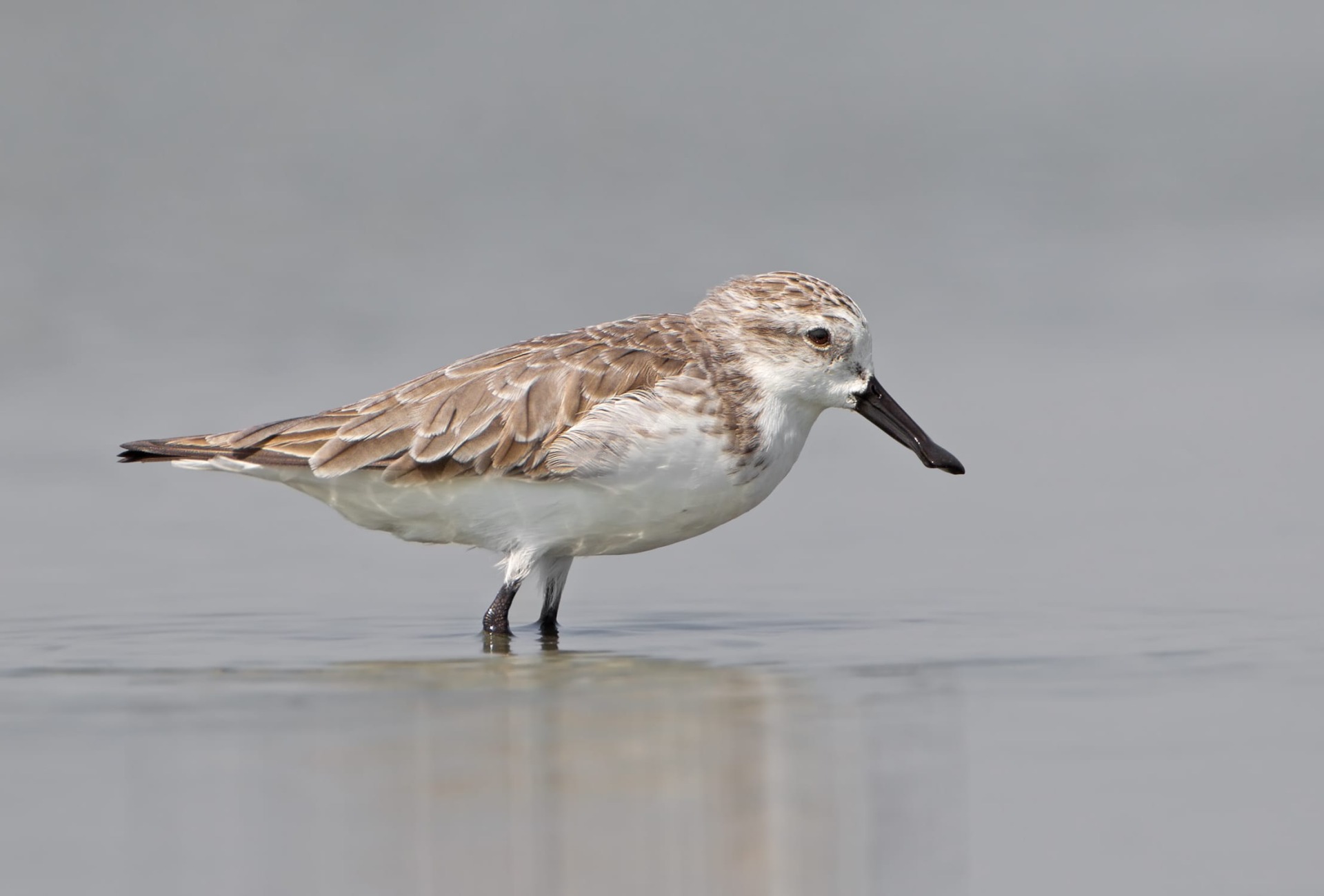
Creating a network of Marine Protected Areas in Bangladesh
Support More Work Like ThisSupport More Work Like ThisThe Bay of Bengal supports incredible marine species, with dolphins, sharks, rays and turtles cruising these waters along Bangladesh’s coast.
-
Species at Risk
Ganges Shark (CR), Largetooth Sawfish (CR), Spoon-billed Sandpiper (CR), Irrawaddy Dolphin (EN), Longhead Eagle Ray (EN)
-
Carbon stored
Not available for this project*
*(metric tons of CO2 equivalents) -
Partner
Wildlife Conservation Society-Bangladesh
-
2,461,608 Proposed Acres Conserved by
Designation
-
Project Cost: $550,000
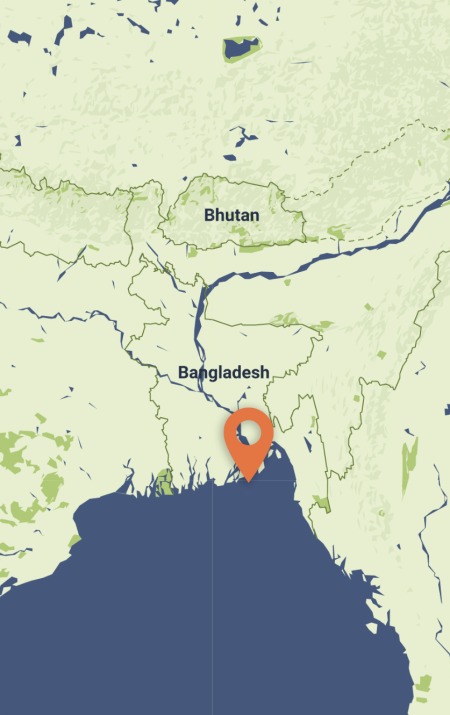
2,461,608
The Bay of Bengal supports incredible marine species, with dolphins, sharks, rays and turtles cruising these waters along Bangladesh’s coast.
-
Species at Risk
Ganges Shark (CR), Largetooth Sawfish (CR), Spoon-billed Sandpiper (CR), Irrawaddy Dolphin (EN), Longhead Eagle Ray (EN)
-
Carbon stored
Not available for this project*
*(metric tons of CO2 equivalents) -
Partner
Wildlife Conservation Society-Bangladesh
-
2,461,608 Proposed Acres Conserved by
Designation
-
Project Cost: £398,550

2,461,608
The Bay of Bengal supports incredible marine species, with dolphins, sharks, rays and turtles cruising these waters along Bangladesh’s coast. Unfortunately, unsustainable fishing practices and the effects of climate change put intense pressure on these species.
Rainforest Trust and its local partner seek $550,000 to declare new marine protected areas (MPAs), covering 2,461,608 acres on the Bay of Bengal coast. Rainforest Trust and its partner are working to empower the Government of Bangladesh to achieve the goal of protecting 10 percent of the country’s marine environment. These MPAs will include varied marine and estuarine habitats such as inshore, coastal and submarine canyon waters. Potential sites include an expansion of the existing Swatch-of-No-Ground (SoNG) MPA, which encompasses waters recently awarded to Bangladesh along the border with India, as well as waters offshore the islands of Nijhum, Sonadia, Teknaf, and St. Martin’s Island. The establishment of marine protected areas will help protect sensitive sites for marine megafauna as well as provide refuges for the replenishment of fish stocks.
Explore Bangladesh
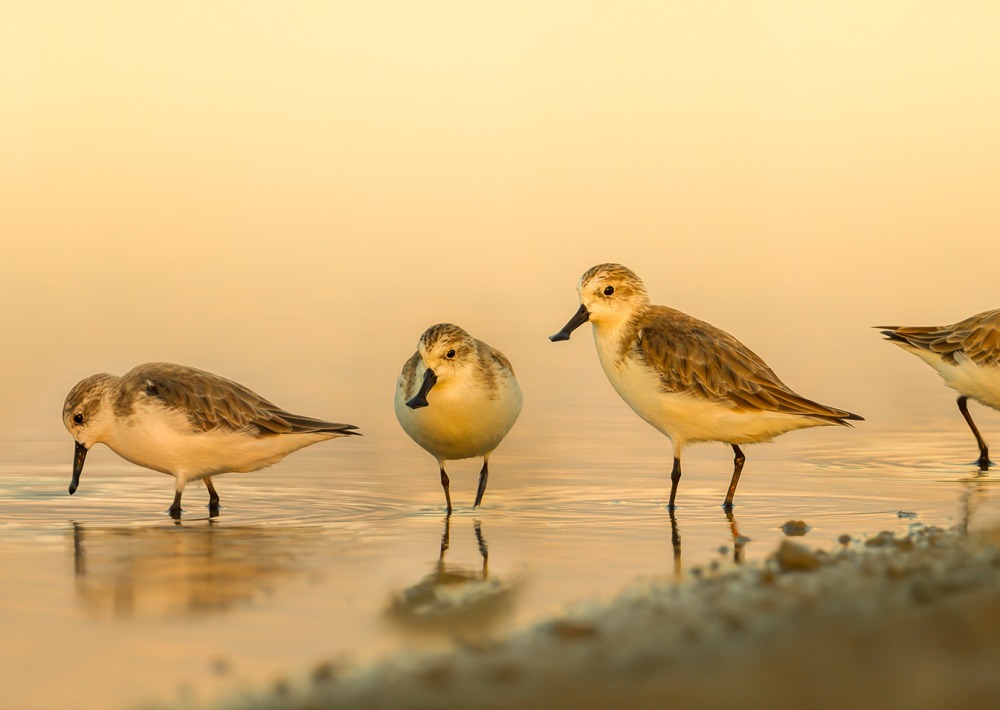
Group of Critically Endangered Spoon-billed Sandpipers. Credit: Wikimedia
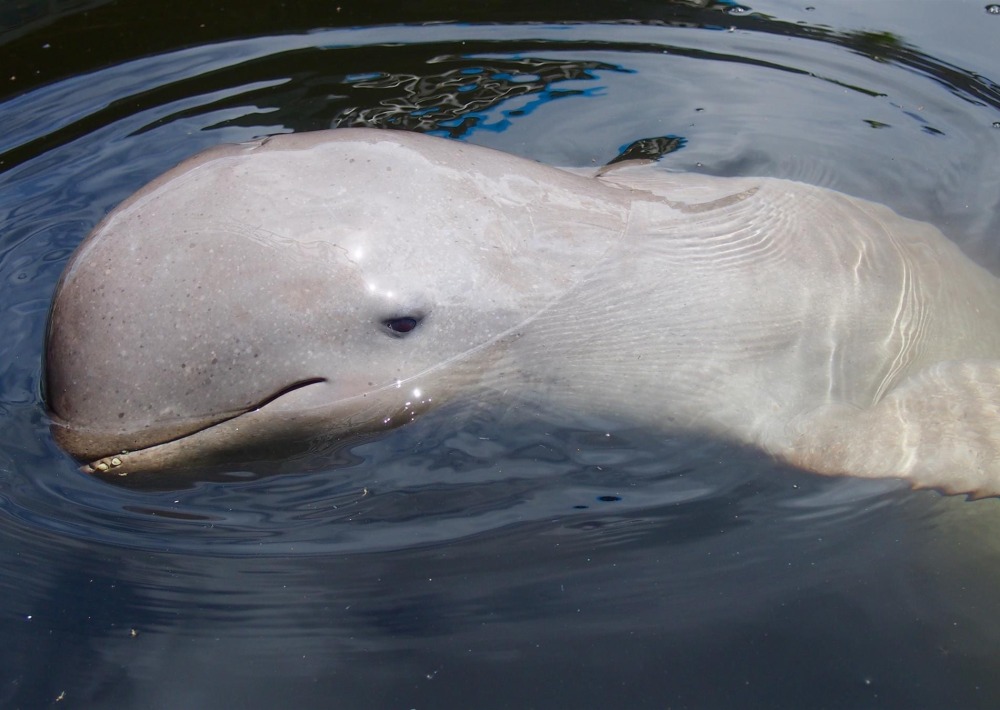
The Endangered Irrawaddy Dolphin, by Na Me
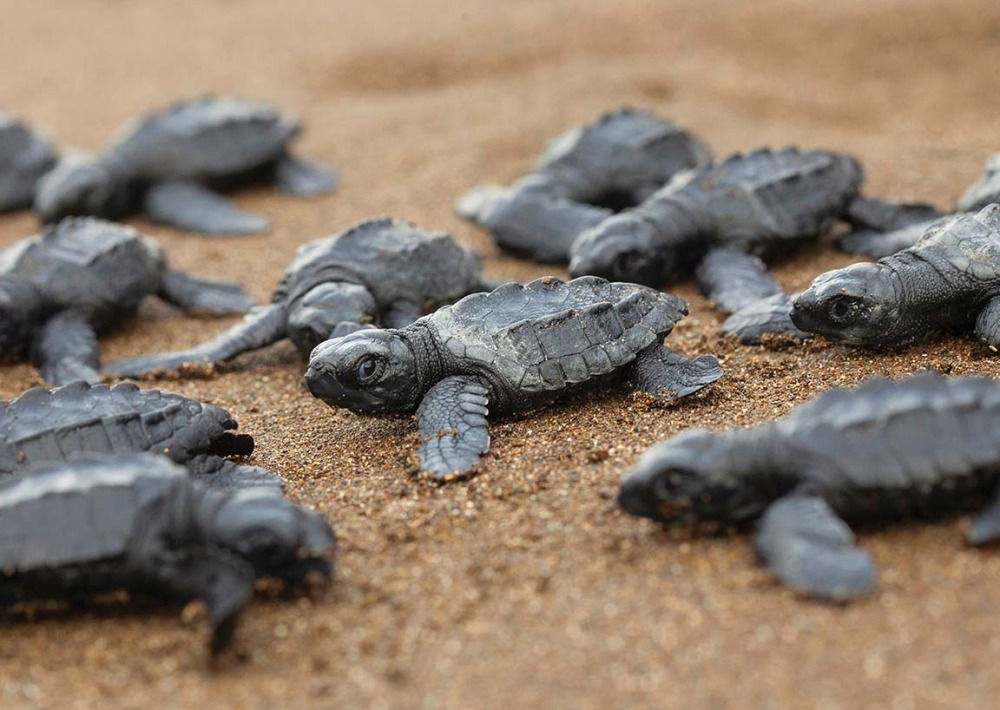
Baby Olive Ridley Turtles, by Guillermo Ossa
Extraordinary oceanographic conditions in the area support some of the world’s most diverse and significant populations of marine megafauna including Irrawaddy and Humpback Dolphins, Finless Porpoises, Olive Ridley, Green and Hawksbill turtles, sawfish species, hammerhead sharks, and numerous other threatened sharks and rays.
The coastal waters of Bangladesh also support elusive marine species such as the Critically Endangered Ganges Shark, Largetooth Sawfish and Green Sawfish. The Ganges Shark is one of only six species of river shark and it is endemic to this finite area. This site is also an important wintering ground for the Critically Endangered Spoon-billed Sandpiper.
Two of the proposed protected areas, Nijhum Marine Protected Area and Sonadia Marine Protected Area, present ridge-to-reef conservation opportunities with the associated islands of Nijhum and Sonadia, both of which are known overwintering sites for the Critically Endangered Spoon-billed Sandpiper.
The main threats to the proposed marine protected areas include unsustainable fishing practices, bycatch and climate change. Many of these sites are regularly and intensively fished using unsustainable practices that result in fatal entanglements of globally threatened marine megafauna including dolphins, porpoises, sharks, rays and marine turtles. Increases in shipping traffic as well as oil and gas exploration and production represent additional challenges.
Coastal and marine ecosystems in Bangladesh are also facing pressure from sea-level rise and climate change-induced disasters, which deplete natural resources in the coastal zones. The density of mangroves, including the Endangered Sundri, has been rapidly declining from the degradation of coastal ecosystems. This is mainly a result of the rapid increase in shrimp aquaculture over the past three decades.
Rainforest Trust and its local partner seek $550,000 to declare 2,461,608 acres of marine protected areas. The expansion of Bangladesh’s marine protected areas network is vital for numerous endangered marine species and requires a collaborative effort from government, nonprofit and community stakeholders. The regulation of fishing practices will reduce the impact on key species while also promoting sustainable fishing. In addition to securing safe havens for marine megafauna, fishing exclusion zones will allow for the replenishment of fish stocks.
Rainforest Trust’s local partner will identify areas of priority conservation importance for marine biodiversity, engage stakeholders through consultations to guide declarations and management plans, work with government officials and local communities to develop policies for marine conservation, and apply conservation innovations to improve enforcement. The partner will also engage fishermen as citizen scientists to record data on fishing practices, catches and bycatches, and they will help develop sustainable financing mechanisms for the ongoing management of the new marine protected areas.
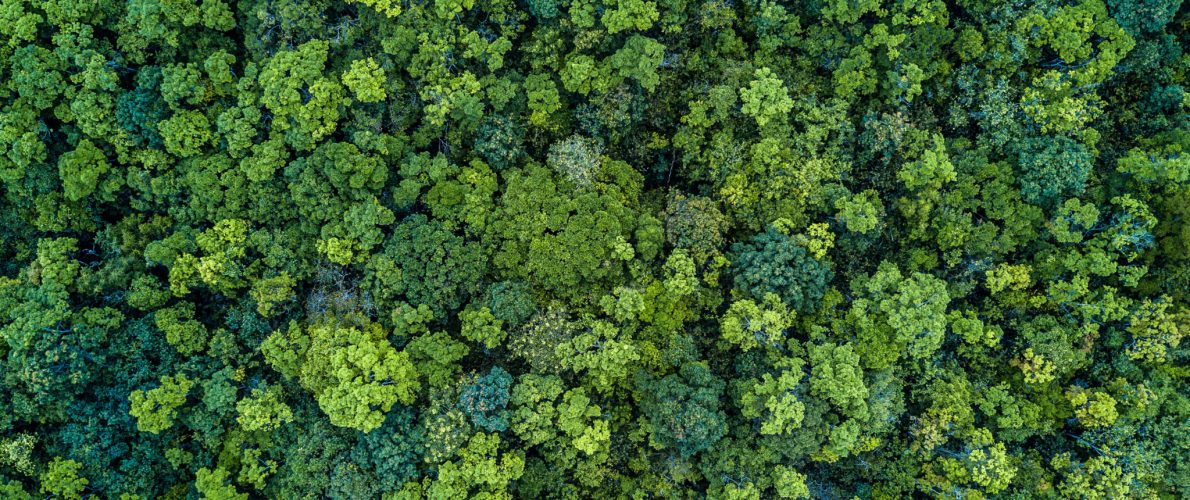
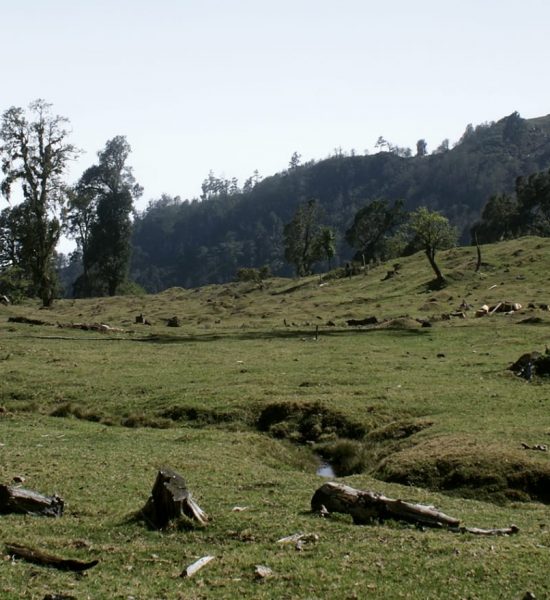
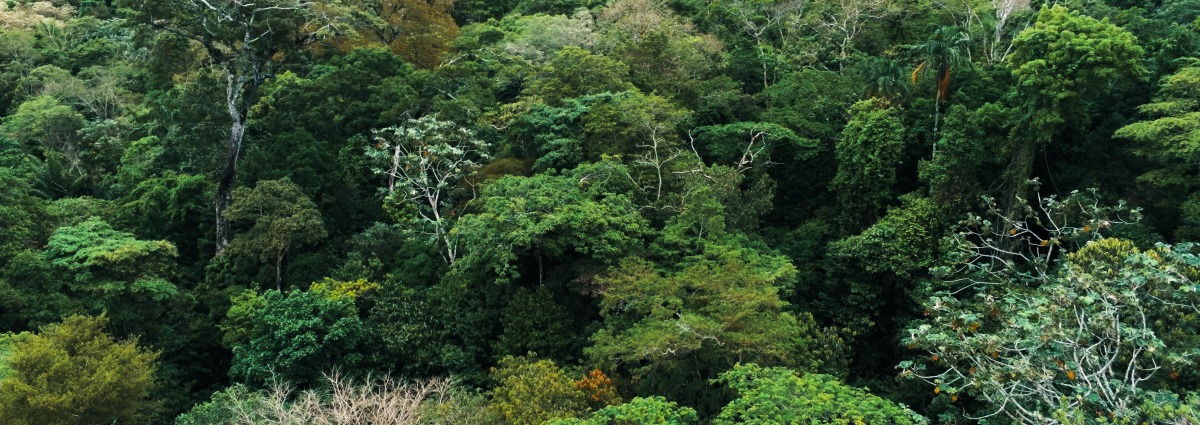
Partnering to Save Rainforest
Our partners’ ability to work with their governments and build strong connections with local communities ensures the successful implementation of our projects.
Learn More About This PartnerLearn More About This Partner
